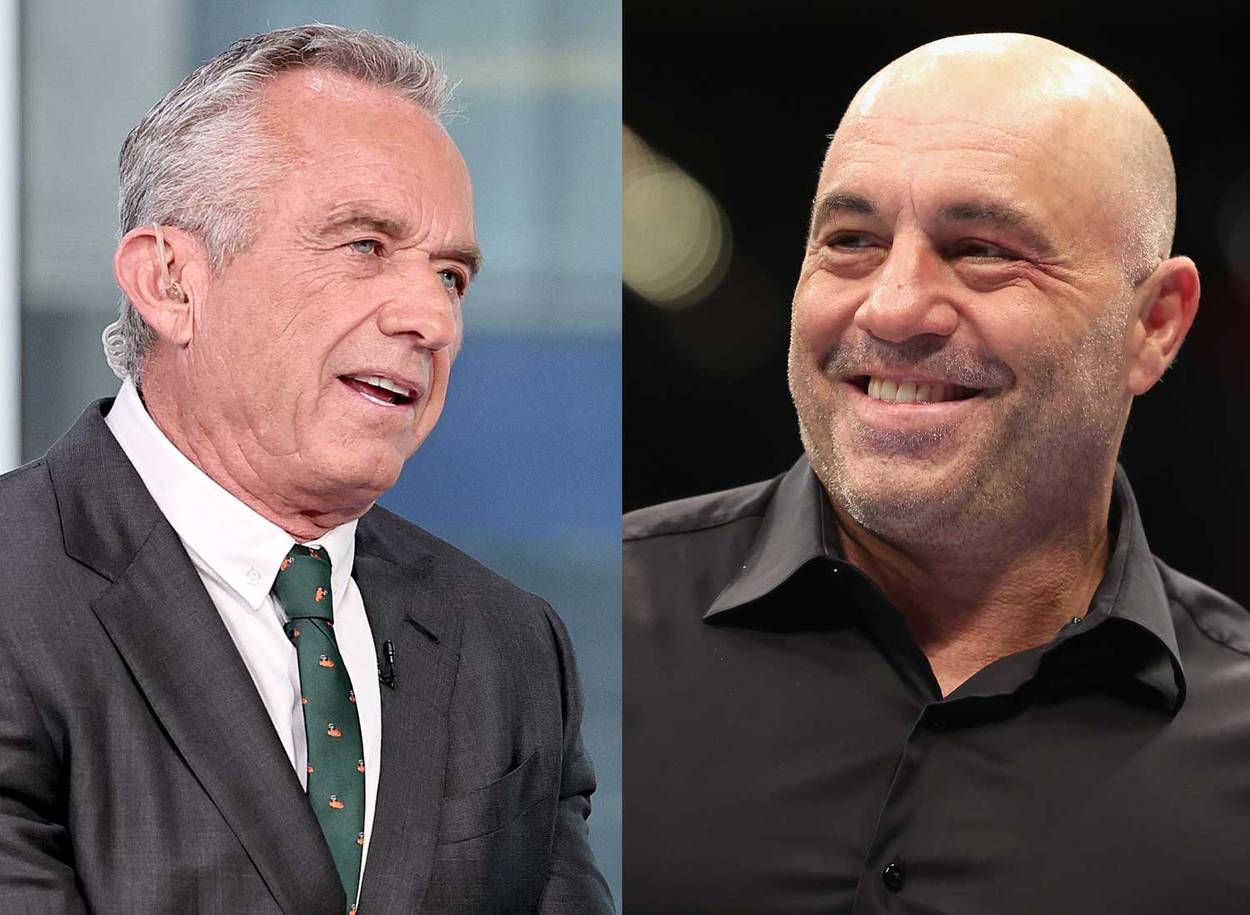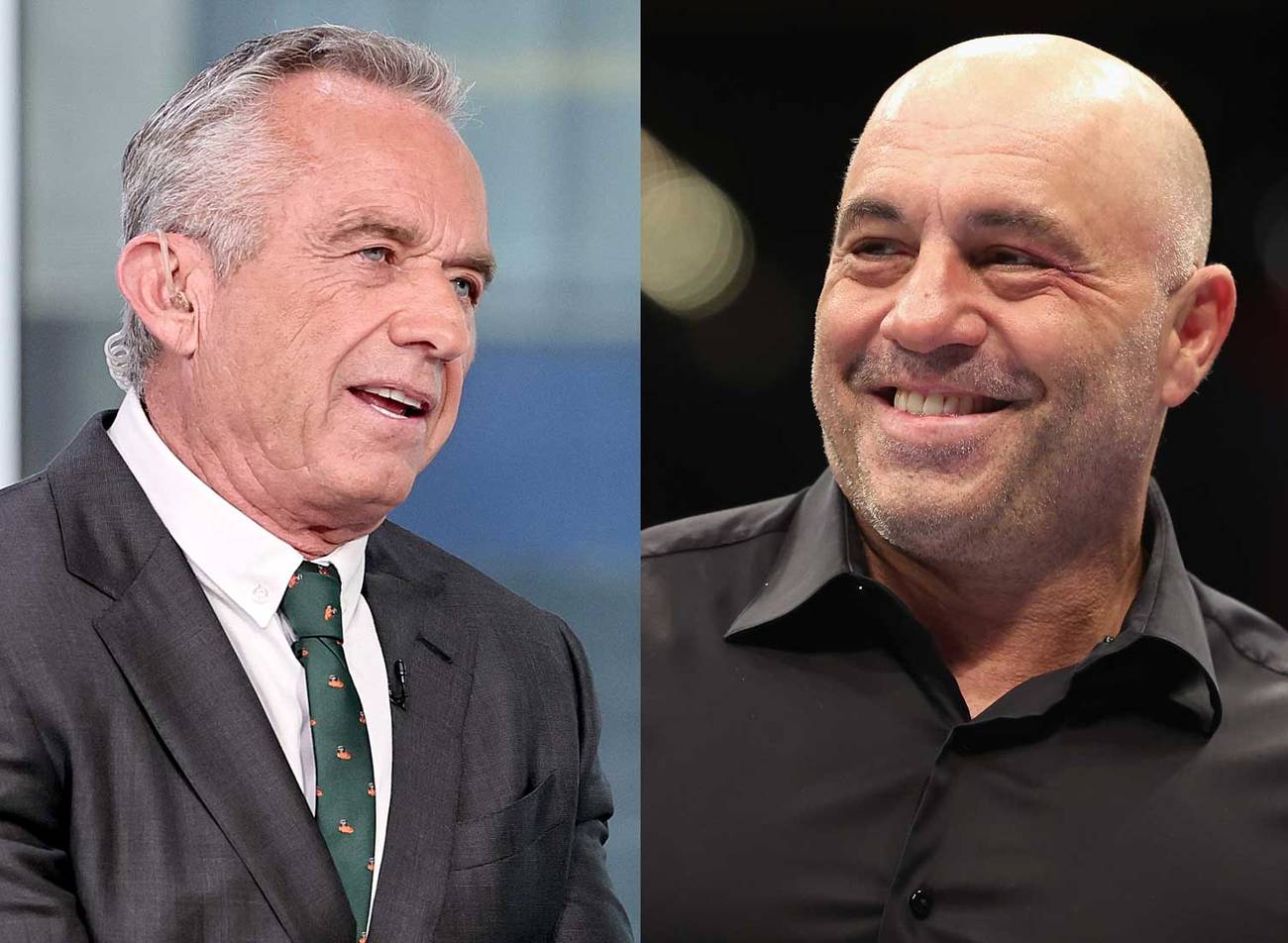The Right Way to Talk About Vaccines
Or we could just go on calling each other Hitler forever




You know who asks questions about vaccines? Students. Teachers. Researchers. Anyone who’s learning about biology asks questions about vaccines. We’re all born with immune systems, but we’re not born knowing how they work.
You know who else asks questions about vaccines? Nazis, supposedly. Some of the people opposing open debate on vaccines claim that discussing the evidentiary justification for mandatory injections is comparable to denying the Holocaust.
Though it’s not like vaccine opponents are uniformly more moderate in their rhetoric. Because you know who is also being called a Nazi? The medical professionals who believe in vaccines. Some of the people opposing vaccines compare doctors with needles to Josef Mengele.
This is the quality of much contemporary discourse around vaccines. It’s low quality. But rather than argumentum ad Hitlerum ad infinitum, let’s take a deep breath, calm down, and think about a constructive path forward.
For now, COVID is over. But people are still arguing about it. Perhaps they should, because the censorship meant they couldn’t really argue during it.
The latest round of politicized tribal skirmishing kicked off earlier this month after Robert F. Kennedy Jr. appeared on the influential Joe Rogan podcast and repeated some of his oft-made claims about the adverse health effects of vaccines. In response, the vaccine scientist Peter Hotez, himself a former guest on Rogan’s podcast, lamented the “awful” appearance and endorsed an article criticizing Spotify, the platform that hosts the show, for failing “to stem Joe Rogan’s vaccine misinformation.”
That’s how the battle lines were drawn by Hotez and his supporters: The good, responsible people are those who support censorship while the bad guys go around spreading “misinformation.”
Rogan had been stung by previous attempts to cancel his Spotify deal, so he responded assertively, offering to donate $100,000 to charity if Hotez would come on his show and debate RFK Jr. His donation was matched by dozens of people, including hedge fund magnate Bill Ackman, tech founder Jae Kwon, and venture capitalist Jason Calacanis, till the purse reached a total of $2.6 million—demonstrating a surprising level of counterelite support for public debate on this topic.
However, despite starting this fight, and despite his past appearance on Rogan, Hotez declined to engage. Instead, he retreated to MSNBC to give soundbites on how bad soundbites are. His backers in legacy media outlets likewise wrote pieces discussing how bad it was for nonexperts to discuss vaccines outside the confines of a peer-reviewed publication … oblivious to the irony that they themselves were nonexperts discussing vaccines outside the confines of a peer-reviewed publication.
So that’s where we’ve landed. Two tribes that just yell at each other from their own redoubts. As I’ve written elsewhere, I’m skeptical that this impasse gets resolved; I think it just gets worse. But let me nevertheless sketch out a way that it could be resolved, if we have the political will to pursue a better path forward.
First, I’m as pro-biotech as it gets. If you want legacy credentials, I have them. I hate listing this stuff, but here goes: I’m a Ph.D. who taught bioinformatics at Stanford, was named to MIT’s TR35, published 20-plus papers in genomics, co-founded a successful diagnostics company, and have profitably backed a wide variety of biotech companies from tiny startups to multibillion dollar unicorns.
Moreover, I was sticking my neck out to raise the alarm on COVID back in early 2020 when establishment journalists were appealing to authority and calling anyone who even mentioned it paranoid racists. I was calling for funding vaccines before most people even saw the coronavirus as a problem. And I believe that the mRNA vaccines used for COVID are an incredible technical achievement.
But after three years of official misinformation, I completely understand why people are distrustful of the U.S. establishment on the pandemic. We’ve just seen too many Orwellian U-turns—from insisting that masks don’t work to making them mandatory, from claiming the lab leak theory was crazy to admitting it’s possible—to take any assertion on faith at this point.
In God we trust; all others must bring data. Otherwise we’re in thrall to the other big thing Eisenhower warned about—not just the military-industrial complex, but the scientific-technological elite:
In holding scientific research and discovery in respect, as we should, we must also be alert to the equal and opposite danger that public policy could itself become the captive of a scientific-technological elite.
After all, most people aren’t card-carrying scientists, but they are now very directly downstream of scientists making decisions on their behalf. It’s completely reasonable to ask questions before taking a mandatory injection—what happened to my body, my choice? And if you can’t question the decisions of professors that you didn’t elect, who have career tenure, and who can’t be fired … is that really a democracy?
Thing is, contrary to the caricature, much vaccine resistance in the U.S. came from ordinary people. For example, many of the vaccine-hesitant early on were African Americans, who have long criticized the health system, and who saw the shadow of Tuskegee in the COVID shot. And almost 50% of civil servants were hesitant to take the vaccine at one point. This shows how deep the skepticism was. Whatever the establishment did left millions of people unconvinced.
Again, I think this is an irreparable cleavage that has more to do with tribes than vaccines, but let’s pretend it’s a scientific issue. How could we address it?
There are at least three approaches.
The first is to just do whatever the establishment says. To call anyone with questions a conspiracy theorist. To refuse debate. To demonize them as individuals. This is called “trusting the science.”
The second approach is to do the opposite of whatever the establishment says. If they say that a virus causes disease, well, by tarnation, you’re against the germ theory of disease itself. This is Carl Sagan’s demon-haunted world: where people conclude that because so many establishment scientists have been corrupted, that we must distrust science itself.
The third approach isn’t to blindly “trust the science” nor to distrust science, but to replicate the science. Here’s what an imaginary vaccine debate might look like, between a vaccine proponent and skeptic, from the perspective of a proponent.
I know this is getting technical, but that’s good. It starts putting us into the realm of scientific discussion, as befits a serious matter of public health. Of course, others might propose a different debate structure and that’s fine, too.
So, why don’t we try an approach like this? Don’t let anyone tell you it’s because of science, as if denouncing Joe Rogan for clicks was more scientific than running experiments. Rather, it’s because everything is tribal warfare now and every issue is politicized. Even if it should be positive-sum, like a dispassionate matter of public health, the issue is made negative-sum. Yet the genuinely scientific option is still on the table—the respectful discussion and the reproducible experiment.
Or, you know, everyone can just call each other Hitler forever.
Balaji S. Srinivasan (@balajis) is an angel investor, tech founder, and WSJ bestselling author of The Network State.